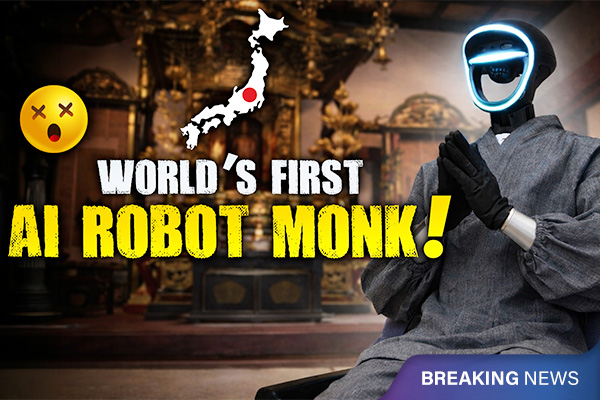Violent Protests in Columbia Against Tax Reforms
Colombia is witnessing a spate of violence, and days of protests against a now-shelved tax reform proposal have left at least 19 people dead and 846 injured in clashes between the police and demonstra
Iván Duque Márquez is the President of Columbia. He had proposed Tax Reforms for Columbia. The proposal sought to increase taxes of businesses, remove some exemptions enjoyed by individuals and decrease the threshold of salaries that would be taxed. According to the President these tax reforms are very important as the Columbian economy is in a very bad crisis because of the COVID pandemic. Around half of the country lives in poverty and there are no jobs in the country. People of Columbia were completely against these tax reforms. They angrily started protesting across the country as they felt it would put a lot of pressure on middle class and lower middle class families. These protests started last wednesday on 28th April and are still going on. Although the tax plan was shelved and the Finance Minister resigned, the protests still continue.
Colombians are protesting against Duque’s government, poverty, mismanagement of COVID pandemic and police violence. Rallies were held in Bogota, Cali, Medellin, Barranquilla, and Cartagena. In many cities, protesters clashed with the law enforcement, who used tear gas canisters and stun grenades to disperse the angry mob. 47,500 police and military personnel have been deployed countrywide by the Ministry of Defence.
Cali is the worst affected. In Cali, 700 soldiers, 500 riot police officers, 1,800 other police and two helicopters have been deployed. At least 11 of the 19 deaths in the country took place in Cali. 846 have been injured in clashes between the police and demonstrators. The country’s human rights ombudsman — a state body that is independent from the government — has marked 89 people as having “disappeared”.
The government itself, however, has acknowledged the deaths of only 1 civilian and 1 police officer. A growing chorus internationally has spoken out against Colombia’s government, including the United Nations, the United States and the European Union, who have criticised its heavy-handed response to the unrest.







